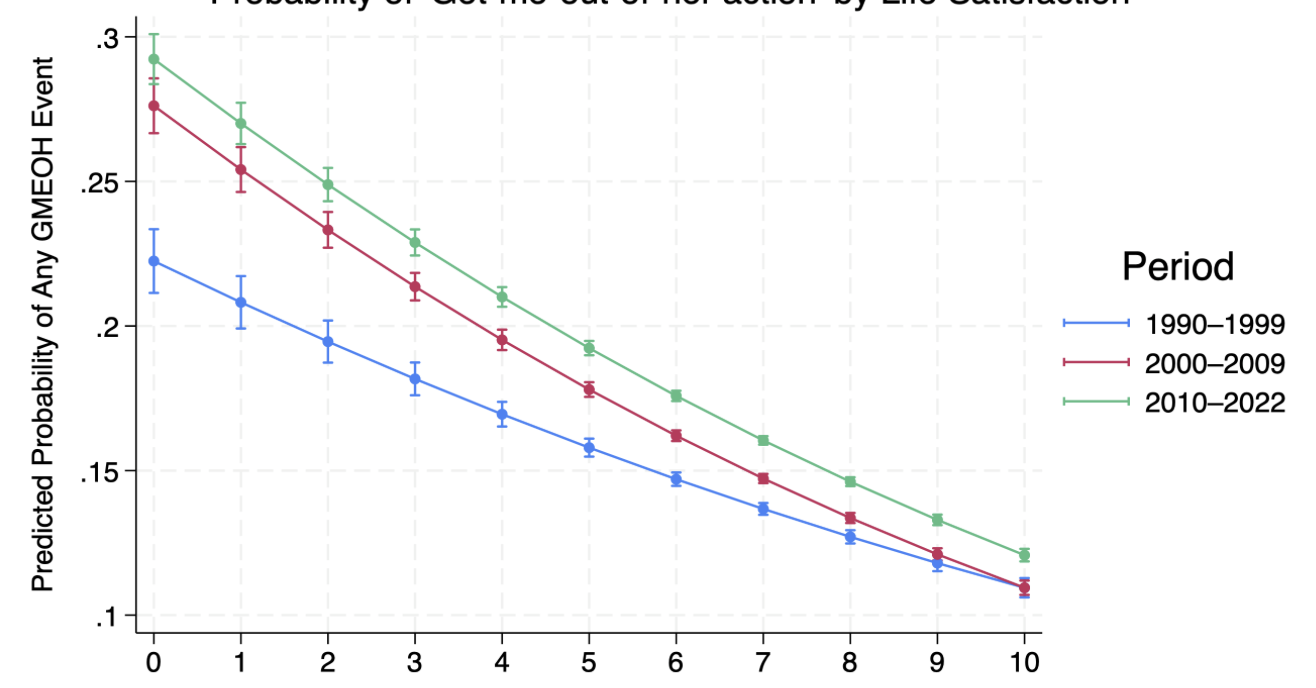We (Open Phil) are seeking applications from grantees affected by the recent collapse of the FTX Future Fund (FTXFF) who fall within our long-termist focus areas (biosecurity, AI risk, and building the long-termist EA community). If you fit the following description, please fill out this application form.
We’re open to applications from:
- Grantees who never received some or all of their committed funds from FTXFF.
- Grantees who received funds, but want to set them aside to return to creditors or depositors.
- We think there could be a number of complex considerations here, and we don’t yet have a clear picture of how we’ll treat requests like these. We’d encourage people to apply if in doubt, but to avoid making assumptions about whether you’ll be funded (and about what our take will end up being on what the right thing to do is for your case). (Additionally, we’re unsure if there will be legal barriers to returning funds.) That said, we’ll do our best to respond to urgent requests quickly, so you have clarity as soon as possible.
- Grantees whose funding was otherwise affected by recent events.[1]
Please note that this form does not guarantee funding. We intend to evaluate applications using the same standard as we would if they were coming through one of our other longtermist programs — we will evaluate whether they are a cost-effective way to positively influence the long-term future. As described in Holden’s post, we expect our cost-effectiveness “bar” to rise relative to what it has been in the past, so unfortunately we expect that some of the applications we receive (and possibly a sizeable fraction of them) will not be successful. That said, this is a sudden disruptive event and we plan to take into account the benefits of stability and continuity in our assessment.
We’ll prioritize getting back to applicants who indicate time sensitivity and whose work seems highly likely to fall above our updated bar. If we’re unsure whether an application is above our new bar, we’ll do our best to get back within the indicated deadline (or within 6 weeks, if the application isn’t time-sensitive), but we may take longer as we reevaluate where the bar should be.
We’re aware that others may want to help out financially. If you would like to identify yourself as a potential donor either to this effort or to a different one aimed at impacted FTXFF grantees, you can get in contact with us at inquiries@openphilanthropy.org. We sincerely appreciate anyone who wants to help, but due to logistical reasons we can only respond to emails from people who think there’s a serious chance they’d be willing to contribute over $250k.
- ^
We’ve left an option on the form to explain specific circumstances – we can imagine many ways that recent events could be disruptive. (For example, if FTXFF had committed to funding a grantee that planned to regrant some of those funds, anyone anticipating a regrant could be affected.)



Looking back five months later, can you say anything about whether this program ended up making grants, and if so how much/how many? Thanks!